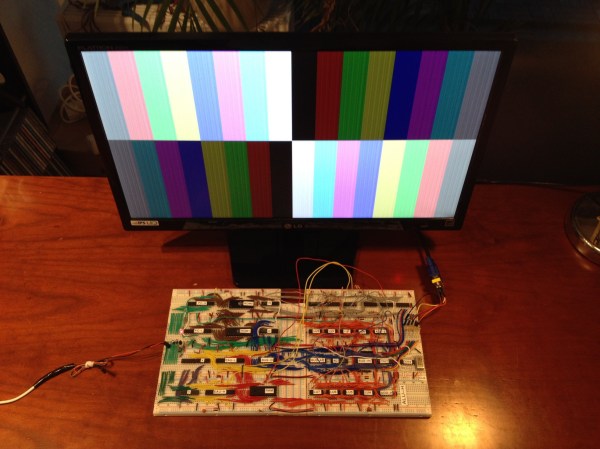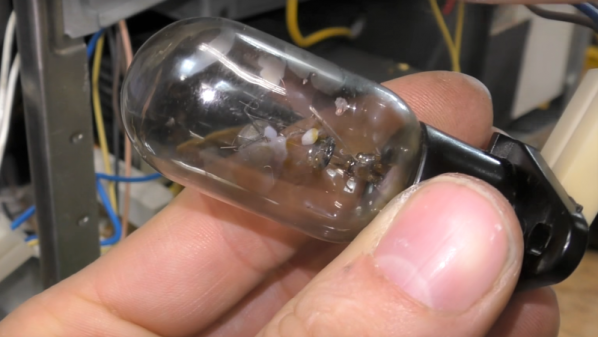Humanity is a planetwide force. We have the power to change our weather. We have the power to change the shape of the land. We have the power to selectively wipe a species from this earth if we choose. We’ve had this power for a while and we’re still coming to terms with it. Many of us even deny it.
With such power, what do we do? We have very few projects which are in line with our ability. Somewhere in the past few years, I feel like most of us have lost our audacity. We’ve culturally come to appreciate the safe bet too much. We pull the dreamers and doers down. We want to solve the small problems first, and see if we have time for the big problems later. We don’t dream big enough, and there is zero reason for this hesitation. We could leverage our planetwide power for planetwide improvements. Nothing is truly stopping us. No law, no government, nothing.
To put it simply, as far as technology goes, everything is still low-hanging fruit. We’ve barely done anything. Even some of our greatest accomplishments can happen randomly in nature. We’ve not left our planet in any numbers or for any length of time. Our cities are disorganized messes. In every single field today, the unexplored territory is orders larger than the explored. Yet despite this vast territory, there are very few explorers. People want to optimize the minutia of life. A slightly faster processor for a slightly smaller phone. It’s okay.
Yet that same small optimization applied to a larger effort could have vast positive impact. Those same microprocessors could catalog our planet or drive probes into space. The very same efforts we spend on micro upgrades could be leveraged if we just look at the bigger picture then get out of our own way. All that is lacking is ambition. Money, time, skill, industry, and people are all there, waiting. We have the need for and have the resources to support ten thousand Elon Musks, not just the one.
Big projects make us bigger than our cellphones and Facebook. When you see a rocket launch into the sky, suddenly, “the world” becomes, simply, “a world.” Order of magnitude improvements reduce the order of our perception of previously complex problems. They should be our highest goal. Whatever field you’re in, you should be trying to be ten times better than the top competitor.
However, there are some societal changes that have to occur before we can.













